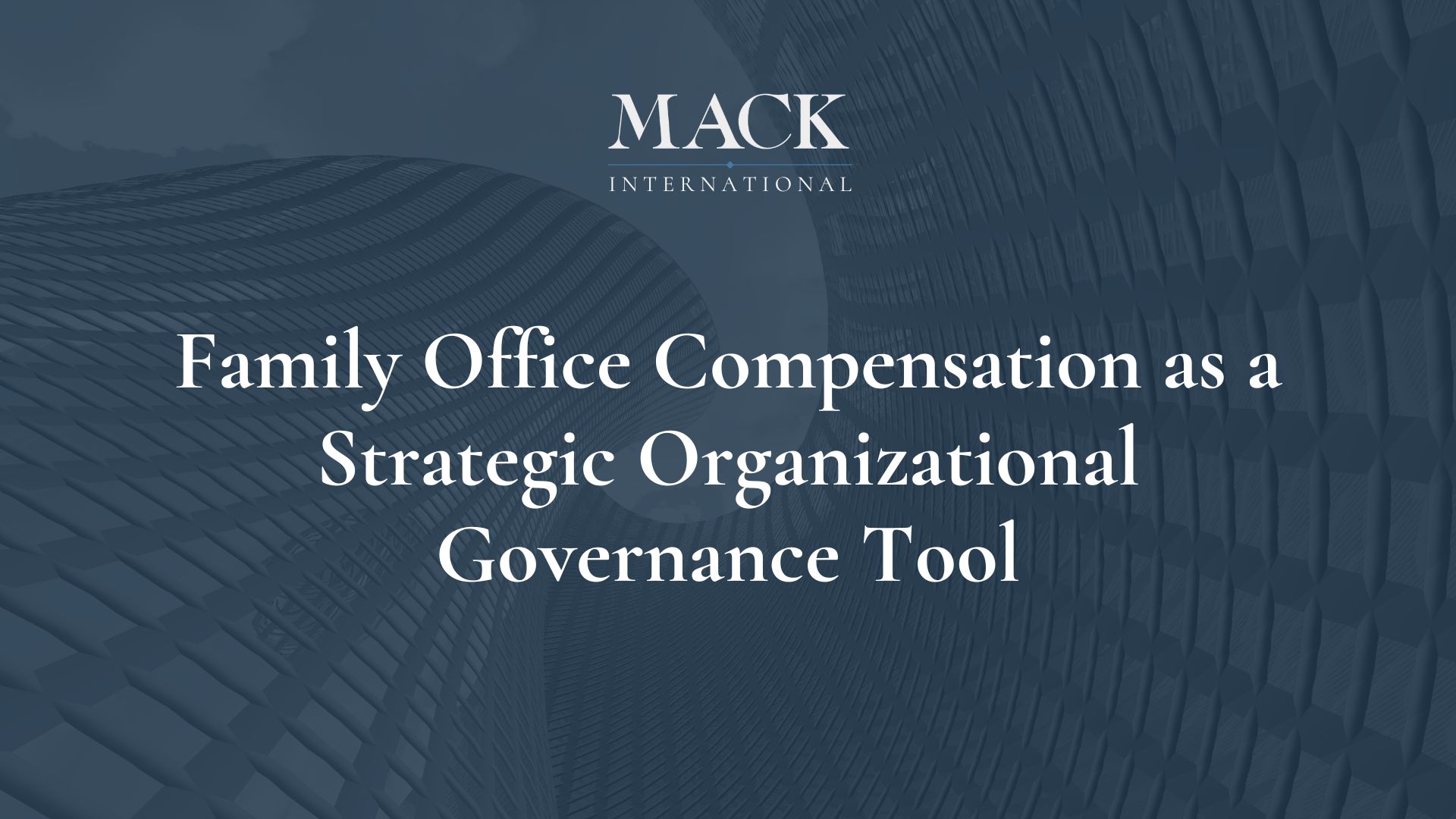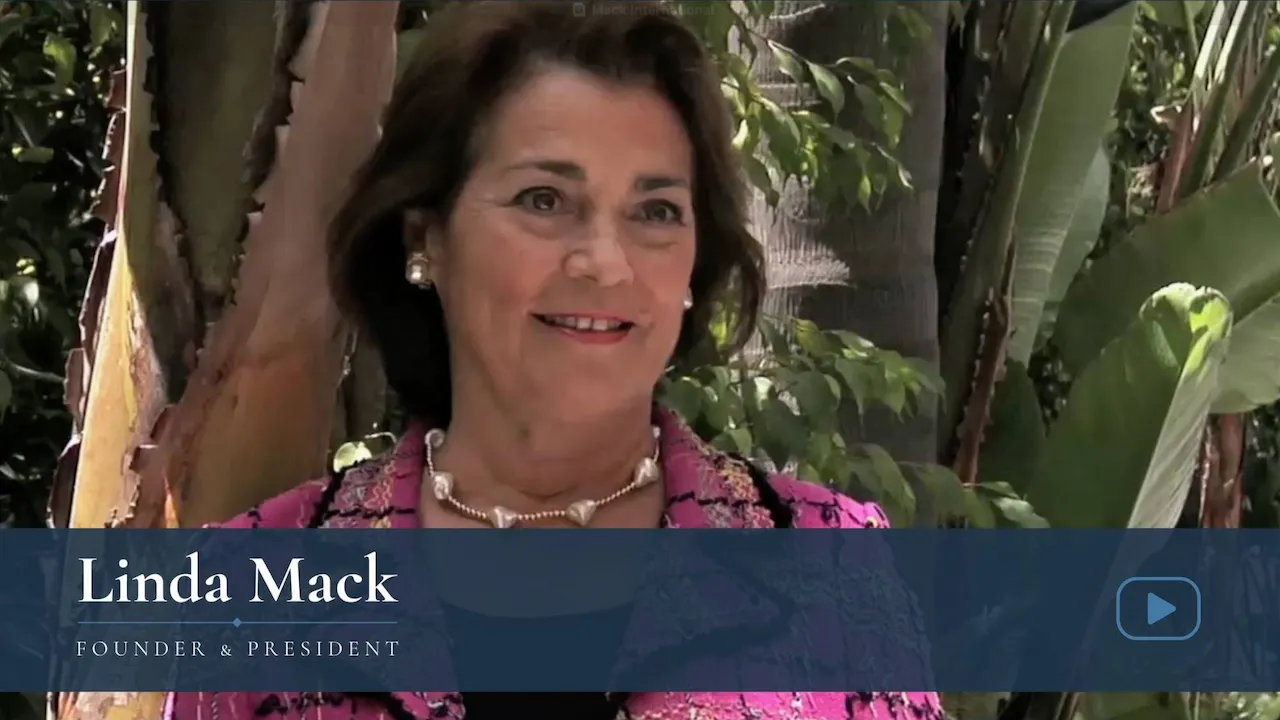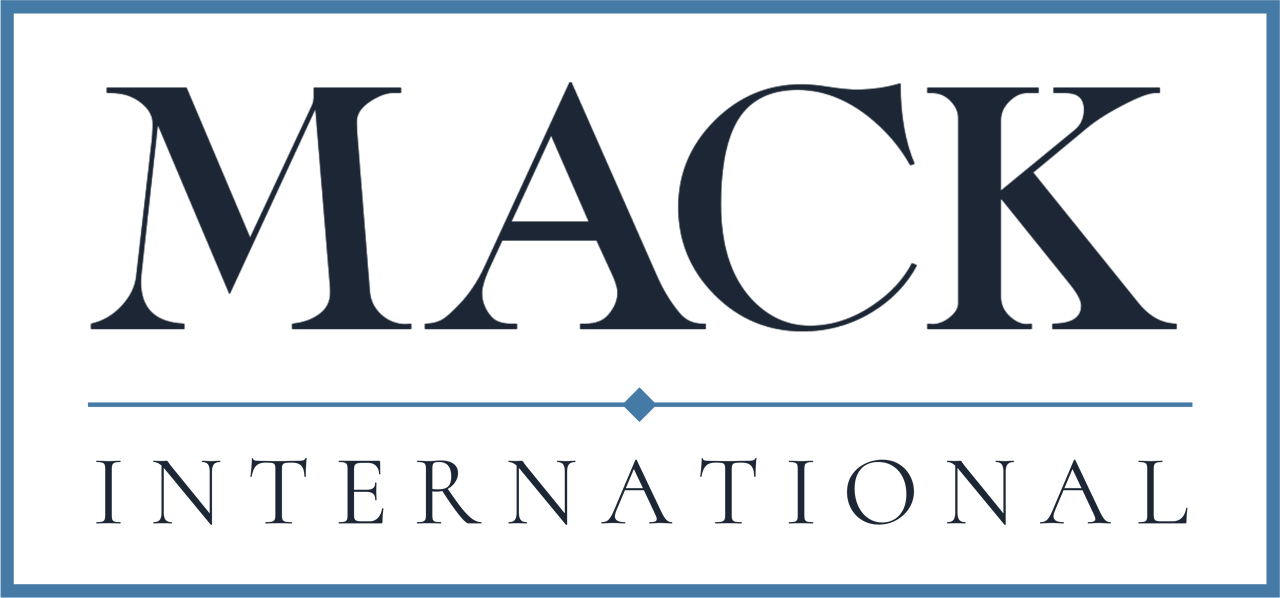Family Office Compensation as a Strategic Organizational Governance Tool

Using compensation to drive behavior and incentivize excellence
August 14, 2025 —
We often speak of the professionalization of family offices and how a host of macroeconomic factors and geopolitical shifts have prompted family offices to institutionalize. Family offices are increasingly adopting robust governance structures, strategic human capital plans, and family vision, values, and mission alignment programs to keep the family thriving for generations.
This elevated level of sophistication encompasses compensation, with family offices devising strategic long-term incentive (LTI) plans to drive behavior, ensure effective governance, and engender cultures of excellence and continuous improvement.
The modern family office CEO
While the family office was once considered a cost center to be managed, the modern family office platform offers an attractive career proposition and competes with elite private equity firms and Wall Street for talent. Family offices provide incredibly dynamic trajectories and creative compensation structures, typically comprising a base salary, formulaic bonus structure, and long-term incentive plan, often outpacing the general market in terms of upside potential.
LTIs are increasingly being adopted by family offices and applied beyond the C-suite to a host of critical roles on the operational and administrative side of the ecosystem. The three most prevalent plans used in the market today are supplemental deferred cash, co-investment opportunities, and carried interest, although the scope of plans being used in the market may also include profit sharing, phantom equity, and stock options. These plans allow family offices to drive performance behavior in alignment with their objectives over a long-term time horizon, and top talent to participate pari-passu in investments, generating their own portfolio of long-term wealth.
Aligning interests and driving behavior
Compensation is not just a staff incentive tool but a strategic organizational governance mechanism that ensures longevity and continued excellence—it can drive desired behaviors in stakeholders by being tied to relevant benchmarks as well as less tangible metrics such as values-based decision-making and guiding the next generation.
To be successful, these compensation plans must align with the compensation philosophy of the family and the individual. This requires an assessment of the individual’s current and expected compensation structure and time horizon parameters, and an evaluation of how their experience and expectations align with what the family office deems appropriate.
What are the professionals’ expectations? What will incentivize long-term performance and encourage decisions to be taken in alignment with family objectives?
The heightened focus on professionalism, business sophistication, and alternative investments has increased the demand for experienced, technically skilled, and culturally aligned family office professionals, and spurred talent migration from the institutional to the private family office market. This, in turn, has driven the upsurge in incentive compensation packages, including the adoption of LTIs and the incorporation of well-defined performance metrics in the structure of such plans.
Compensation is one of the most important tools in the family office toolkit. For support in utilizing yours to attract and retain the best talent, please get in touch with a member of the Mack team here.

Social Media Links
Office Locations
Nashville, TN
Dallas, TX
New York, NY
Chicago, IL

